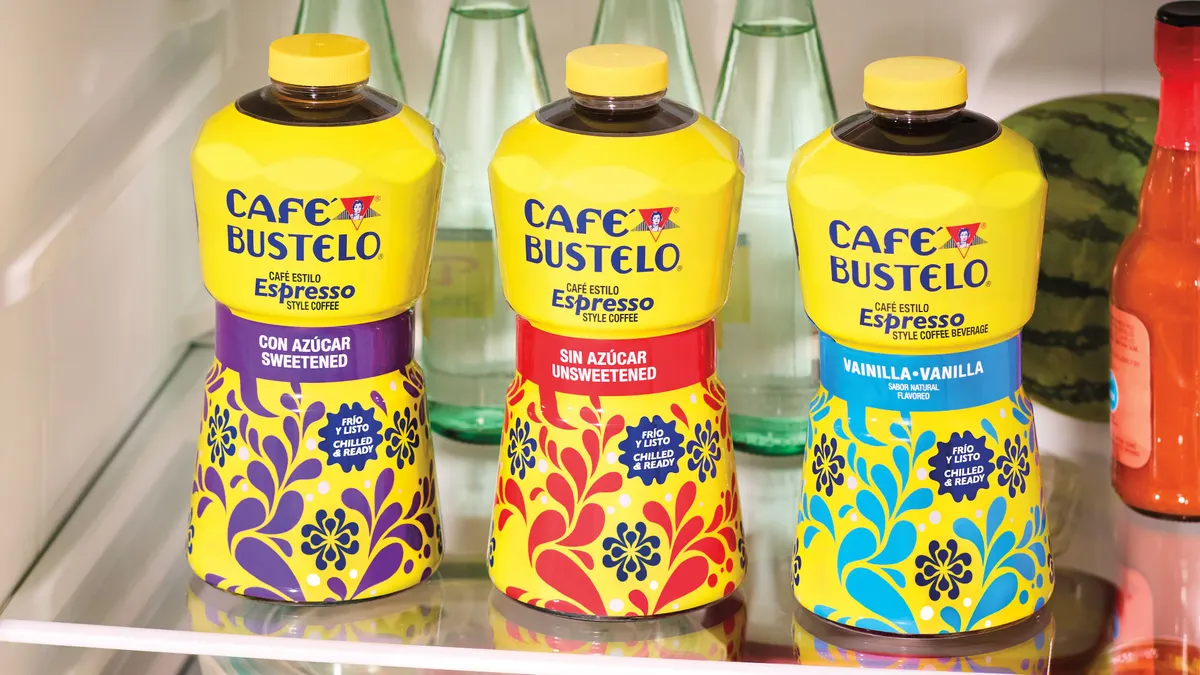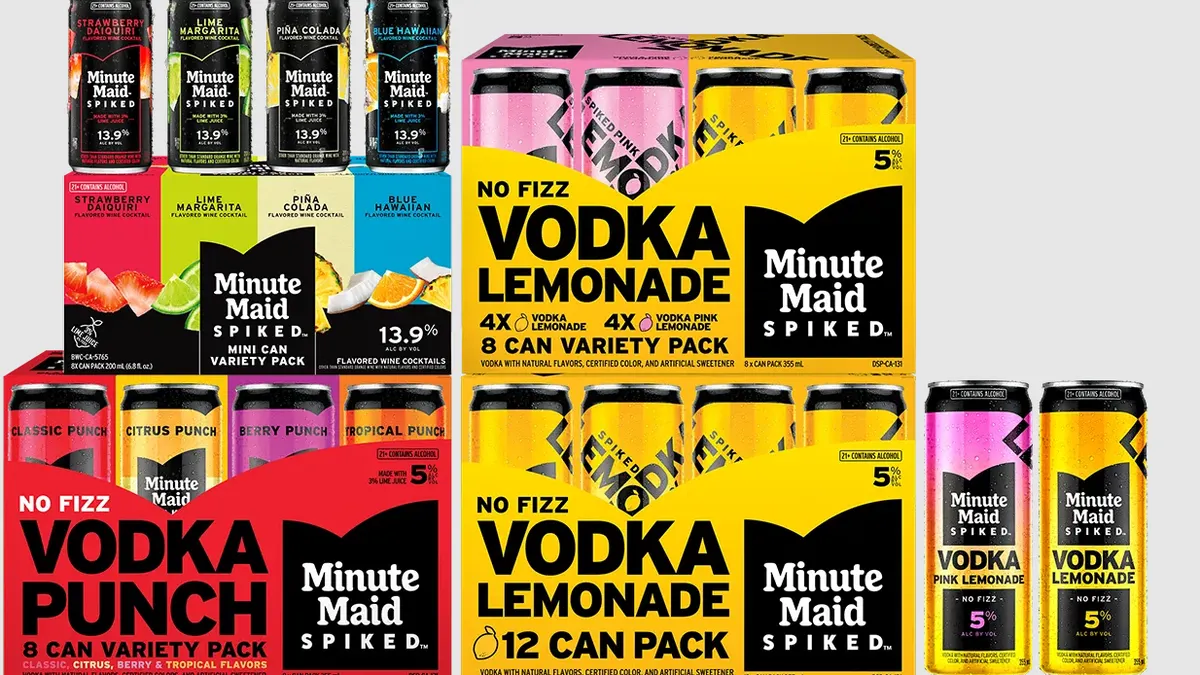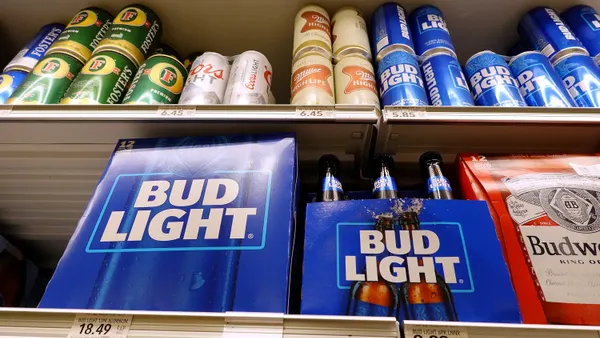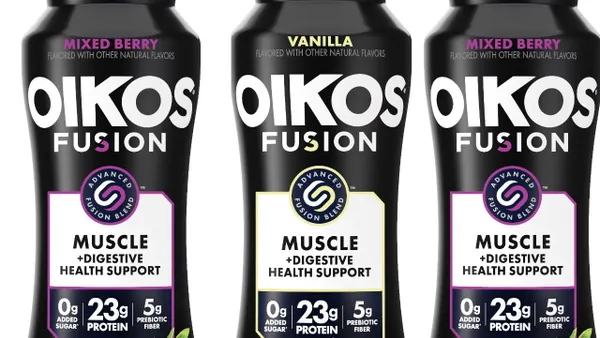Dive Summary:
- Researchers at Cornell University found the $30 billion-a-year organic food industry may benefit from the "health halo" surrounding organic-labeled food products.
- Researchers asked study participants to rate cookies, chips and yogurt by taste, nutrition, calories and how much they would pay for them.
- Partcipants were told half of the food was organic and the other half was not; in truth, all of the food was exactly the same.
- The study found participants believed the "organic" food contained 20%-24% less calories and were willing to pay 16%-23% more for it.
From the article:
"... While calling them organic didn't make foods more appealing across-the-board, the taste tests clearly demonstrated what the researchers call a "health halo" around the term. This explains some of the less straightforward results: The authors think that because yogurt is already thought to be healthy, the effect was diminished for the organic version; similarly, participants may have thought the organic cookies were less tasty precisely because they also thought they were healthier. ..."












